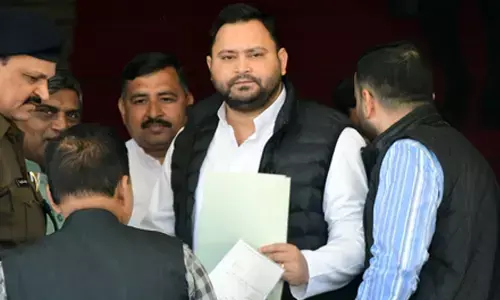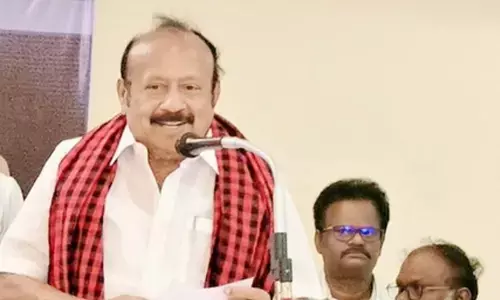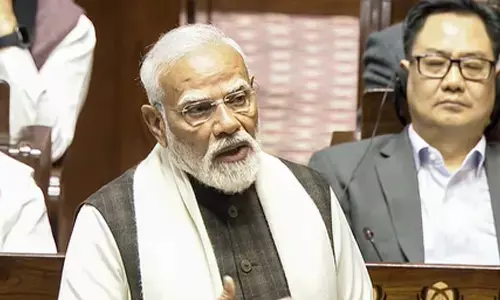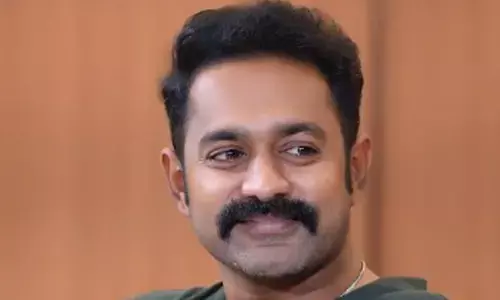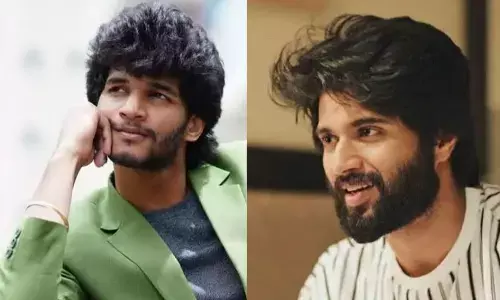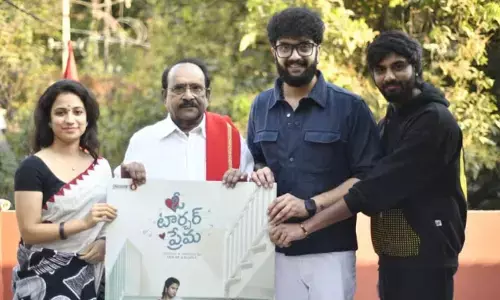Indian Muslim women decide to be judges

The Indian constitution allows Muslims, the country\'s biggest religious minority, to regulate matters such as marriage, divorce and inheritance through their own civil code.
Mumbai: An Indian Muslim women's rights organisation is training women to be qazis, or judges, a role traditionally reserved for men, amid growing demand for more representation for women. The Bharatiya Muslim Mahila Andolan (BMMA) is training its first intake of 30 women in Koranic law, constitutional law and gender rights. The year-long programme aims to produce a steady stream of female qazis across India, its co-founder said.
The Indian constitution allows Muslims, the country's biggest religious minority, to regulate matters such as marriage, divorce and inheritance through their own civil code. The qazi, usually a hereditary title, plays an important role by solemnising marriage and finalising divorce and settlements.
"Traditionally, qazis have all been men, and their judgment has never been questioned, even if many are unfair to women," said Zakia Soman, a co-founder of BMMA in Mumbai. "But it's important to have women hear and represent women who are in a vulnerable position. Besides, there is no bar on women qazis as per the Koran," she said.
The move comes at a time of growing dissent against laws that activists say discriminate against Muslim women. A survey by BMMA last year showed more than 90 per cent of Muslim women want to end the "triple talaq" divorce tradition and polygamy. Last month, the Supreme Court said it would examine how far it could interfere in Muslim laws, as it heard a plea to end the practice allowing Muslim men to divorce their wives by saying "talaq" three times.
Muslims make up 13 per cent of India's 1.2 billion population, yet government data show they are among some of the most excluded and marginalised communities. The women being trained to be qazis are largely community workers and activists from states including Maharashtra, Rajasthan, Madhya Pradesh, Tamil Nadu and Bihar, Soman said.
There are some female qazis in Muslim-majority Malaysia and Indonesia. Women qazis in India can help prevent child marriage, ensure that a woman marries willingly, and that a divorce is only granted after a period of reconciliation, and with fair terms for the woman, Soman said. The All India Muslim Personal Law Board, a non-governmental institution that oversees the application of Muslim personal law in the country, has criticised the female qazis.
"Women don't have the right to be a qazi," said Maulana Khalid Rashid Farangi Mahali, secretary of AIMPLB. "Besides, there is no need - there are enough men who are qazis. So it's completely unnecessary," he told the Thomson Reuters Foundation. But female trainee Safia Akhtar said there was a need for women qazis.
"There are many grave injustices against Muslim women, and we deserve a say in matters that concern us," said Akhtar in the city of Bhopal. "If women can be prime ministers and pilots in this country, then why can't we also be qazis?"
Thomson Reuters Foundation








